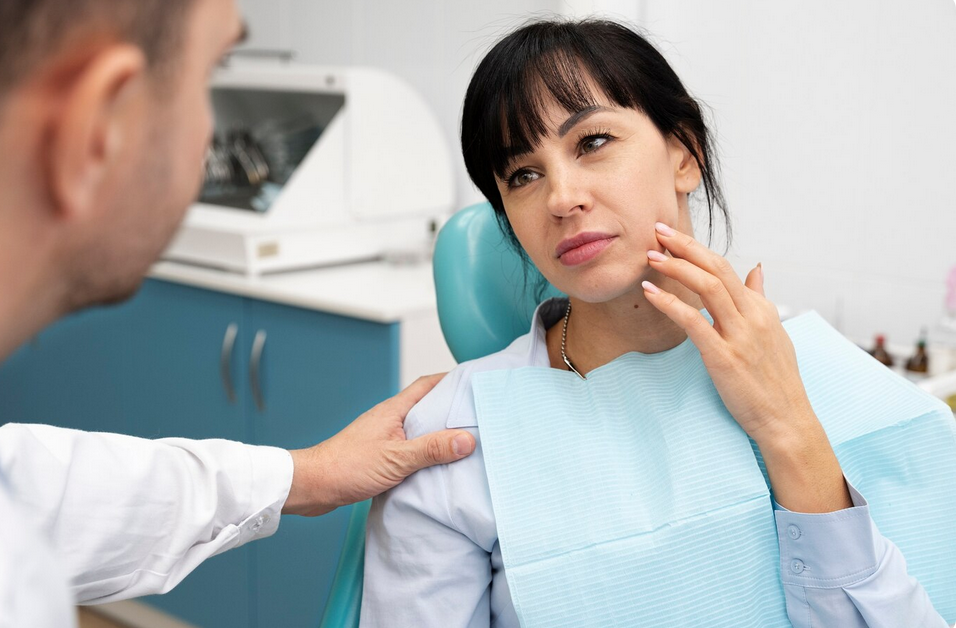Your Complete 2025 Guide for Medical Tourism Patients
Chin implant surgery (also known as chin augmentation or genioplasty) is a popular facial contouring procedure that enhances the lower face by improving jawline projection and balance. South Korea is a global leader in facial plastic surgery, attracting thousands of medical tourists yearly. But with hundreds of clinics to choose from, how do you know which surgeon is truly qualified, ethical, and safe?
Whether you’re planning your first surgery or considering revision, choosing the right surgeon is the most critical decision you’ll make. Here’s how to do it right—step by step.
✅ 1. Look for Board-Certified Plastic Surgeons in Korea
Not all doctors performing cosmetic surgery in Korea are plastic surgeons. Make sure your surgeon is:
- Board-certified by the Korean Society of Plastic and Reconstructive Surgeons (KSPRS)
- Trained in facial plastic surgery or maxillofacial surgery with proven experience in chin augmentation
- Specializes in facial contouring procedures, not just general plastic surgery
💡 Pro Tip: Visit the official KSPRS website or ask the clinic to confirm certification.
📋 2. Ask About the Surgeon’s Experience with Chin Implants
Not all plastic surgeons perform chin implants regularly. Ask:
- How many chin implant surgeries they perform each month/year
- If they use custom or prefabricated implants
- What materials they use (e.g., silicone, Medpor)
- What their revision rate is and how they handle complications
- Whether they have before-and-after photos (especially for international patients)
You want someone with a track record of consistent, natural-looking results in facial harmony—not just someone who added it to their menu of services.
🧪 3. Choose Clinics That Offer Advanced Technology
Top Korean clinics offer:
- 3D CT scans and facial analysis
- 3D simulation or modeling for chin implant planning
- Customized implant design for precise fit
- State-of-the-art sterilization and safety protocols
- Clear infection prevention measures (especially for intraoral implants)
These technologies help reduce risks, shorten recovery, and improve results.
🌐 4. Prioritize Clinics with International Patient Services
Foreign medical tourists need more than just surgical skill—they need:
- English-speaking coordinators or interpreters
- Clear communication throughout consultation and recovery
- Written aftercare instructions in your language
- Assistance with visa letters, accommodation, and follow-up planning
Ask if they have:
- A dedicated International Patient Department
- Support via WhatsApp, KakaoTalk, or email after you return home
- Transparent pricing (beware of hidden charges or upsells)
📸 5. Evaluate Before-and-After Photos Carefully
Don’t rely on Instagram or clinic marketing alone. Ask for:
- Full-view before-and-after photos of actual patients (not just influencers)
- Cases that match your gender, face shape, and skin tone
- Results taken at multiple stages (1 month, 3 months, 6 months)
- Signs of symmetry, proportion, and minimal visible scarring
📷 Red flag: Clinics that show only one angle or have overly edited photos.
💬 6. Read Verified Reviews from Medical Tourists
While clinic websites can be biased, independent sources offer real patient feedback:
- Google Reviews (in English and Korean)
- RealSelf, PurseForum, Soompi, or Reddit’s r/PlasticSurgery
- Korean apps like Gangnam Unni, but you may need translation
- Facebook groups or YouTube vlogs from past international patients
Look for patterns in reviews:
- Is the surgeon personally involved, or do nurses handle most interactions?
- Do patients report clear instructions, good healing, and satisfactory results?
⚠️ 7. Watch Out for Red Flags
Avoid clinics or surgeons if:
- They rush your consultation or don’t listen to your concerns
- They pressure you into multiple procedures you didn’t ask for
- They lack clear pricing or consent documentation
- They have no visible surgeon profile on their website
- They don’t discuss risks, implant types, or surgical alternatives
A good surgeon values ethics, safety, and patient education, not just sales.
📅 8. Book a Virtual Consultation Before Traveling
Most top clinics offer online video consultations with a coordinator or the surgeon. This is a great way to:
- Assess their English skills
- Ask about procedures, risks, and prices
- Get a sense of their professionalism and bedside manner
Use this opportunity to ask:
- Will I meet the same surgeon in person when I arrive?
- How many days do I need to stay in Korea?
- What happens if I experience complications after I return home?
💉 9. Confirm Hospital Accreditation & Anesthesia Protocols
Make sure:
- The surgery will be done in a licensed surgical facility or hospital
- The clinic has emergency equipment and trained anesthesiologists
- You will be monitored safely before, during, and after surgery
Ask:
“What anesthesia is used—local, IV sedation, or general?”
“Who is the anesthesiologist, and are they certified?”
✈️ 10. Plan Recovery Logistics Before You Book
Chin implant surgery requires proper post-op care:
- Plan to stay in Korea for at least 7–10 days
- Choose a clinic with daily or frequent check-ups
- Make sure you can contact the clinic after hours
- Ask if they offer swelling treatments, antibiotics, and follow-ups
🧭 Bonus: Trusted Areas to Start Your Search
| Area | Known For |
|---|---|
| Gangnam (Seoul) | Top-tier clinics, celebrity surgeons, luxury service |
| Apgujeong (Seoul) | Boutique clinics, natural aesthetics, elite care |
| Busan (Seomyeon) | Cost-effective options, beachside recovery |
| Daegu (Dongseong-ro) | Personalized care, affordability, quiet experience |
🔚 Final Words
Choosing a safe, skilled chin implant surgeon in Korea requires more than just Instagram likes. It involves doing your homework, asking the right questions, and ensuring that your health, aesthetics, and comfort come first.
✨ Remember: A great chin implant result is not just about the implant—it’s about your communication with the surgeon, their artistic eye, surgical precision, and the care they provide before and after.




